The 'ShowRoom Of The Day' Concept & Other Amazing '1 Thing' Ideas To SuperCharge Your Processes
I think the book 'The One Thing' by Gary W. Keller & Jay Papasan is a wonderful life philosophy to live by. The core is simple, focus on one thing.
Some other insights become available once this one seeps in:
Once you know the 1 thing that is most important, do it repeatedly, with excellence & deliberate practice.
Once you have reached the high point in that 1 thing, 10X it. Do it more, do it faster, do it cheaper, do it with lesser constraints or find new ways to do it or just do it a lot.
Once the 10X is achieved, add to it. This is something like habit stacking. Once the 1 thing becomes second nature, add another 1 thing to the stack.
Repeat the entire process. Success is built sequentially.
Why is it relevant to the Hospitality & Service Industries?
There is so much that can go wrong that a large part of the industry tends to try and do everything from the notion of 'no complaints'. As long as no complaints are coming, everyone seems to think they are doing a great job. While this may be true in non-delight sectors, delight requires more.
Strengthening everything takes time though. If you can isolate a task, a process, that creates a large difference in delight, then you can bring about the change faster. Once that change occurs, it stays for life to be used across more and more processes or tasks. Once you start to see what matters, you are changed for life.
Actionable Insights
The ShowRoom Process
Let's start with something small, yet powerful. Every day, across hotels, someone is showing a room to a prospective buyer/client/guest. Usually, this is the Sales or Front Office.
In most cases, the room that is clean and available (i.e. not blocked for an arrival) is shown. The logic is, all rooms should be in a good enough condition to show to guests.
We think, there is a better way. This is the process we prescribe
**Process Name | Showroom Process**
Reason for Process: To ensure the hotel is showcased to all prospective guests/customers to the highest standards. To ensure no arriving guests get a room that has been shown to a prospective customer but not refreshed.
**Process Detail**
Every day 1 room in each category (based on availability) will be termed a showroom. The showroom will be ready by 0900 hrs in all aspects. The showrooms will be made OS (out-of-service) on the system.
The showroom will be prepared to the highest standards with all amenities & goodies.
The Showroom keys are to be made (in case of automated ones) and kept ready at the front desk.
The Service Manager will check all the showrooms.
All Walk-In guests or guests that come to visit or inspect the property will be shown the showrooms.
The Sales / Ops team showing the room will make a note of anything that could be improved or is not as per standards. This will be relayed to Housekeeping.
HouseKeeping will refresh the room after each show visit.
The showrooms will be taken back into the inventory at 1800 hrs or if occupancy demands it.
A report will be generated for the number of showings in a day, details of the visit and follow up required.
This can be done for each room category in the hotel.
Once the hotel has mastered the ShowRoom concept, it is time for 10X. All rooms should be then made to ShowRoom standard and Sales should be allowed to take any room for viewing.
You can also 10X this by adding recognition or awards for the teams that create zero-error ShowRooms.
You can do this for other departments & processes too. For example, use the same template to do a ShowRoom Table in your restaurant. Make sure one table every day, is perfect in every regard. Once that is achieved, 10X it. IRD, Kitchen, Laundry, Car Service, you name it, you can do this.
Want to make this WOW?
You can use the same concept of 1 thing, for skill or even things like grooming. Get your team members, to focus on 1 key skill, something that can make everything else better and get them to improve on just that skill.
For example, if email management is the skill that will make everything in Reservations or Sales better (more time, peace of mind, no missing details etc), then focus only on that 1 thing.
In Banquet Operations, for example, if you can make your Function Sheet better and better, you will find it makes everyone's life easier.
Reward progress. Reward someone 10Xing it. Acknowledge that this will take time but the effort is worth it.
Something you can do right now is to make a list of 3 things / 3 skills that if you improve, you will improve everything or make everything else at work easier. Then choose the No 1 in that and go after it with a vengeance.
Send me that 1 thing and let me coach you in first getting it to world-class levels and then 10Xing it. I am p.bedi@eclathospitality.com
👋 We put out these small, enjoyable, actionable insights regularly. These are for hospitality & service leaders.
“Enthusiasm is the secret ingredient behind every successful sale, service, and leadership moment. Whether you’re selling a luxury suite, rolling out a new initiative, or inspiring your team, your energy is what truly drives engagement. This insight explores the power of transferring enthusiasm—why it matters, how to harness it authentically, and what happens when it’s missing. If you want to elevate guest experiences, motivate your team, and create real impact, start by asking yourself: If you’re not excited, why should they be?”
Ready to transform your guest experience? Embrace the art of doing less and redefine luxury at your hotel. Discover actionable ideas that elevate both relaxation and innovation.
Build the Team You Need, Not the Team You Have
Discover how to transform your team into a powerful force for long-term success in the hospitality industry. Learn the key strategies for aligning your team with your business vision, fostering a culture of growth, and hiring with future needs in mind. Don’t just manage what you have—build a team that’s ready for tomorrow. Read the full article to learn how to make strategic hires that drive growth and innovation!
In this article, we dive deep into a simple yet powerful framework to help managers assess and support their teams: the Skill/Will Matrix. Learn how to identify where your employees fall and what steps you can take to drive growth, improve motivation, and create a high-performing culture. Whether you’re managing top talent or navigating underperformance, this tool will guide your next move.
In the world of hospitality, service isn’t just about meeting expectations—it’s about continually elevating the guest experience. That’s why we’ve developed The Service Progression System, a 5-tier framework designed to transform guest interactions into meaningful, unforgettable moments.
Level 1: Essential Touch – Setting the foundation with accurate, timely information.
Level 2: Enhanced Assistance – Proactively offering value-added services.
Level 3: Bespoke Care – Personalizing experiences to reflect individual guest preferences.
Level 4: Immersive Support – Accompanying guests on their journey for a seamless experience.
Level 5: Signature Exclusivity – Curating unique, one-of-a-kind experiences available only to our guests.
In a world where innovation is the lifeblood of success, unlocking the potential of intrapreneurs within your organization is a game-changer. By recognizing their unique traits and fostering a supportive environment, you can transform your workplace into a breeding ground for creativity and innovation.
Embrace the curious, the problem-solvers, and the risk-takers on your team, and watch as they turn ideas into impactful solutions that drive your business forward.
Key Idea:
Hotel leaders must take an active role in recruitment, building a talent pipeline by leveraging their own networks, optimizing internal processes, and continuously scouting for potential hires. This proactive approach ensures operational success and prepares the team for future challenges.
Why You Should Read It:
This post provides actionable strategies for hotel leaders who want to stay ahead of the talent shortage and ensure they have the right people in place to maintain and elevate their hotel’s performance. It emphasizes the importance of operational leaders stepping up in the recruitment process, offering practical tips to create a sustainable and effective talent pipeline.
Criticism often masks an underlying wish or unmet need. By recognizing this, leaders can reframe their feedback to express desires for positive change rather than simply pointing out faults. This shift in perspective transforms potentially negative interactions into opportunities for growth, creating a more empathetic and supportive work environment.
By adopting the “wish” perspective, leaders encourage open communication and collaboration within their teams. Instead of criticism that discourages or demotivates, the focus becomes constructive feedback that inspires and drives continuous improvement, ultimately strengthening both individual and team performance.
Discover how ChatGPT-4.0 can transform hotel operations with its advanced AI capabilities. Learn practical applications for room inspections, guest services, and more.
Discover the crucial role of 'go-to' persons within your team and learn how to identify, nurture, and recognize them effectively. Explore practical tips for recognizing these key individuals, creating a supportive environment, and fostering their growth to drive success and excellence within your organization
3 ways we would want you to look at your annual exercise to make it even more rewarding.
This ability to transact with strangers as if they were friends is made possible by an intrinsic, instinctive human capacity for trust. Oxytocin is the chemical that evolution uses to make mammals feel good about each other.
‘Oxytocin is a physiologic signature of empathy,’ says the neuro-economist Paul Zak & here are some ideas on using this to build trust as a leader.
7 Actionable Insights & 12 Best Practices Inside
Frequency Illusion: Once you notice a phenomenon, you believe it happens a whole lot. Some Ideas On How To Proactively Use This Phenomenon.
The zone of proximal development (ZPD) is the distance between what a learner is capable of doing unsupported, and what they can do supported. It is the range where they are capable only with support from someone with more knowledge or expertise ("more knowledgeable other")
A service experience is made up of both tangibles and intangibles. You can use one of your senses to interact with a tangible resource in the real world. While you can 'feel' both, intangibles do not have a so-called 'real' existence. It's all in your mind.
"If you're a true warrior, competition doesn't scare you. It makes you better" - Andrew Whitworth
Our insight this week is about setting up that right set of competition, what to track and some deep-down on using publicly available guest reviews to spur you, motivate you and improve your services.
Serendipity is commonly used in reference to ‘the happy accident’. Serendipity is defined as “The faculty of making happy and unexpected discoveries by accident”
We suggests some actionable ideas on how to make this happen for your guests & teams! Read on >
A Craftsman Mindset focuses on crafting every detail and then improving it over time. Recognising that every aspect of a particular task is a skill that can be identified and then improved.
Instead of a to-do list, you need a success list—a list that is purposefully created around extraordinary results. Extraordinary results in a service setting produce extraordinary word-of-mouth, loyalty, and brand affinity.
Every one is someone in their lives,
Every one has a strength(or many), and
Strengths need situations to blossom.
If X happens, then we will do Y.
One of the simplest yet most powerful tools for designing your processes, crafting mindsets, creating situational awareness in your teams and making them response-able.
A perspective is a particular attitude towards or way of regarding something; a point of view. One approach observes and infers how someone feels. This is imagine-other perspective-taking (IOPT). The other way to empathise is to put yourself into someone else's situation, this is imagine-self perspective-taking (ISPT).
Effortless Service - The UNCXE Way
“What is Hospitality: Graciousness; the art of making people feel welcomed, comfortable, and at ease, preferably in a seemingly effortless manner.” — Abigail Charpentier, human resources VP, ARAMARK Sports, Entertainment & Conventions.This post has some ideas on how to move towards effortless service for your guests.
A pre-mortem is a managerial strategy in which a project team imagines that a project or organization has failed, and then works backwards to determine what potentially could have led to the failure of the project or organization.
Care as a term or measure of service is most commonly used in healthcare or medicine. I believe it can be a pivotal service differentiator. Our insight #28 has 3 Actionable Insights for the service leader who cares.
#servicedesign #hospitality #customerservice #serviceleaders #insight
A North Star metric is a measure that becomes both a goal and a direction for a team or an individual. Setting up your team's collective North Star should be your No 1 priority. Everybody's efforts should be in the same direction and everything should circle around it.
Visualization is the process of creating a visual image in one's mind or mentally rehearsing a planned movement in order to learn skills or enhance performance. This is generally considered an individual activity. I am asking you to make it a collective one. Get your team together, and then follow this process.

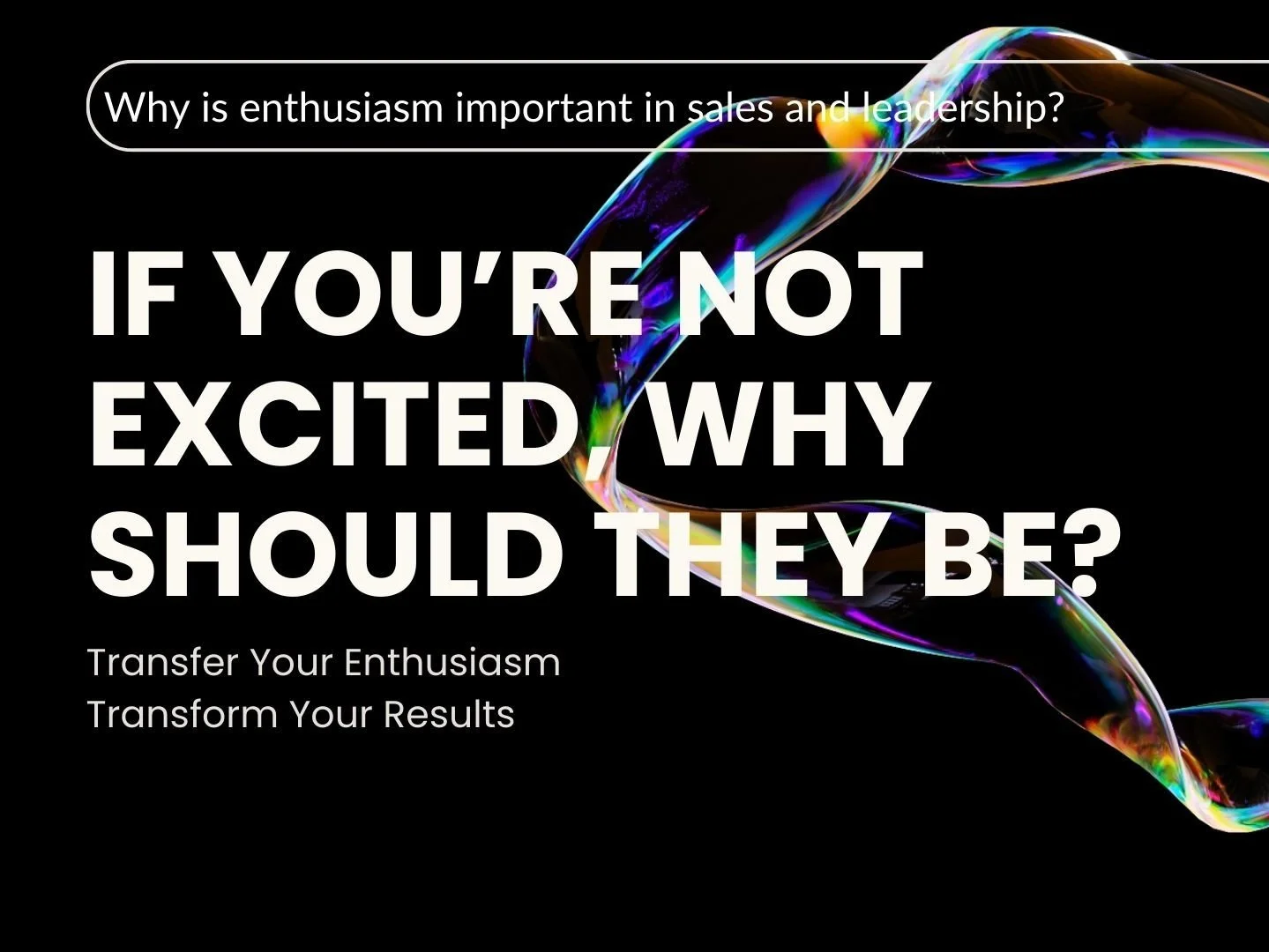





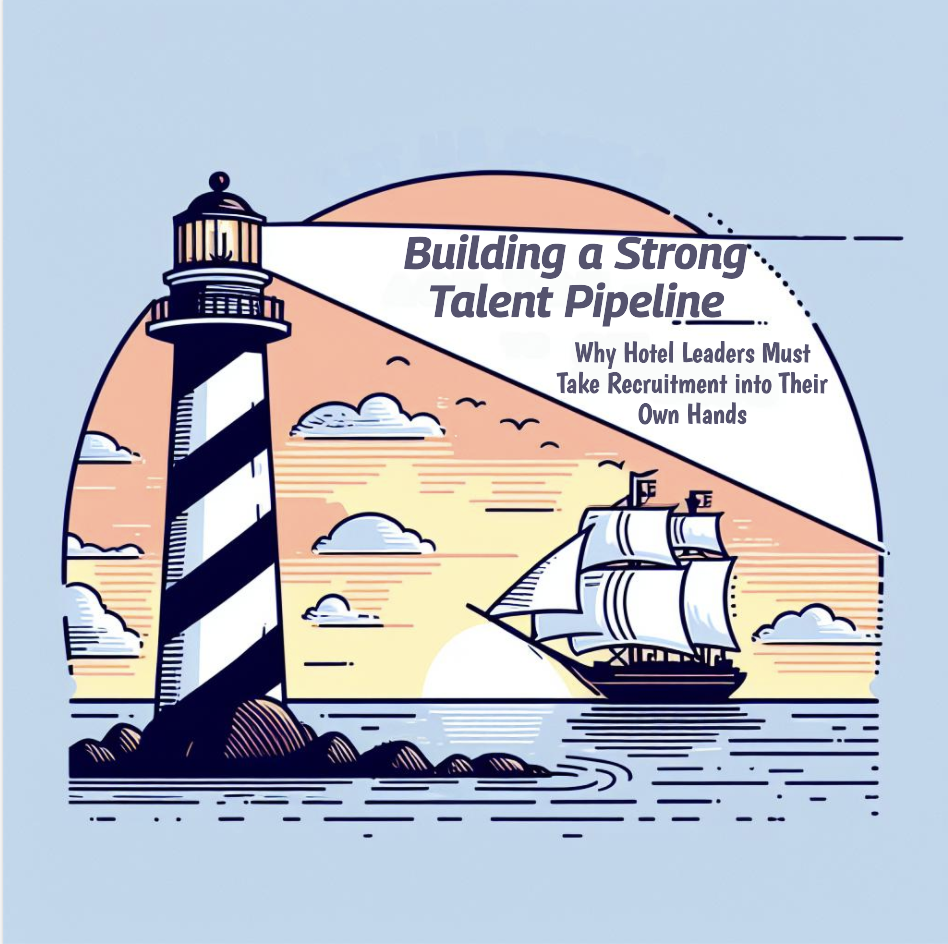
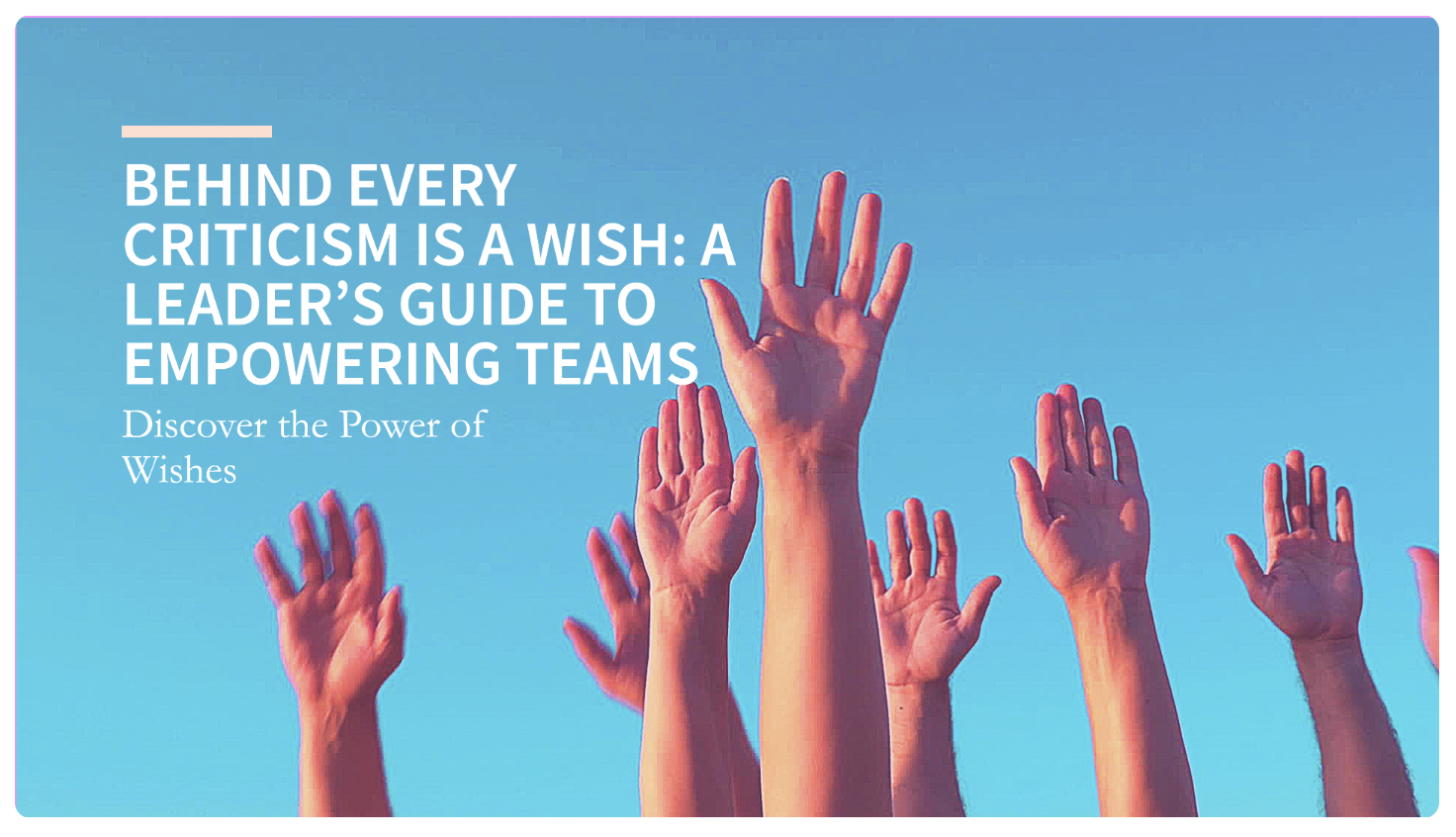










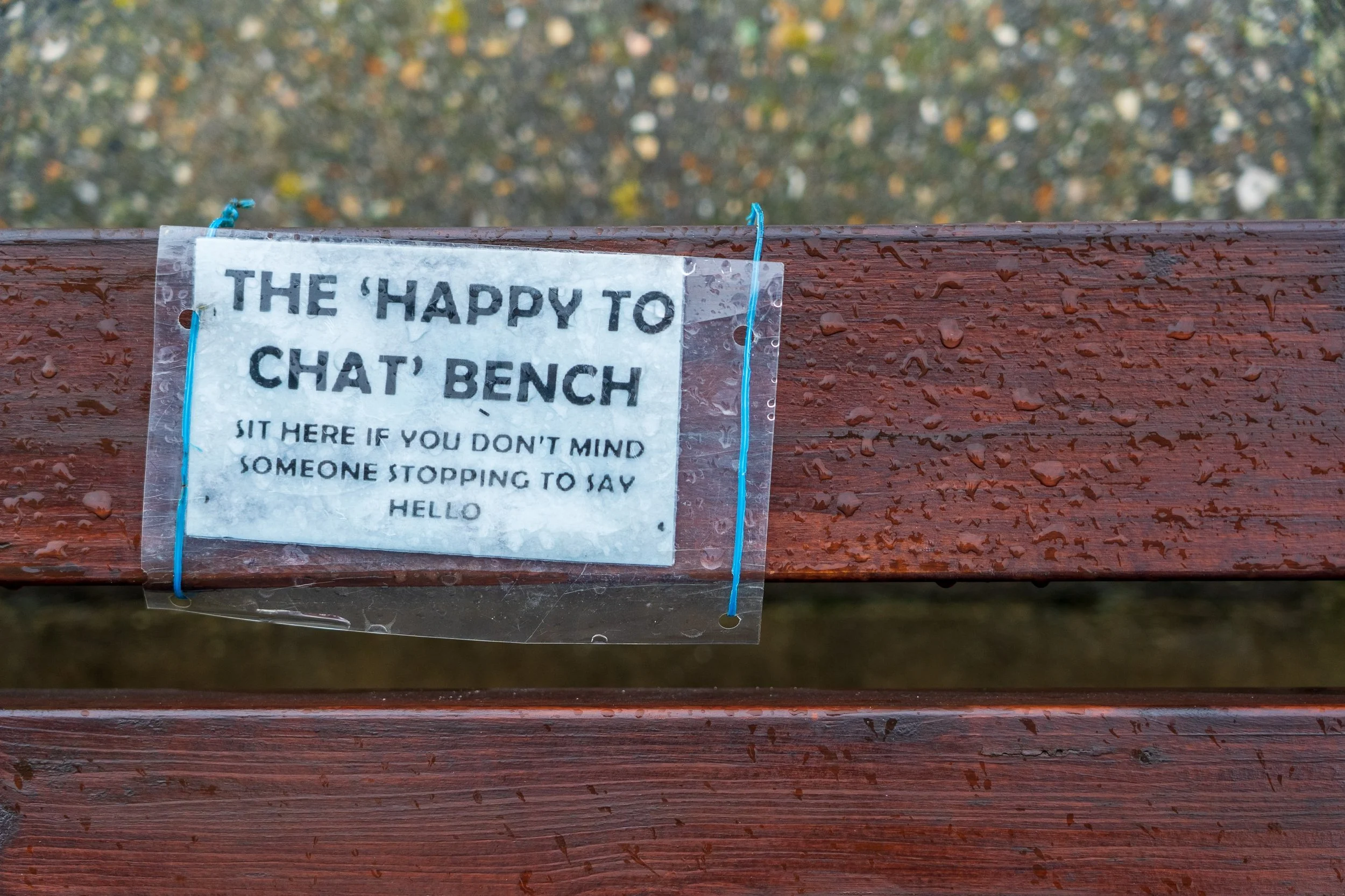

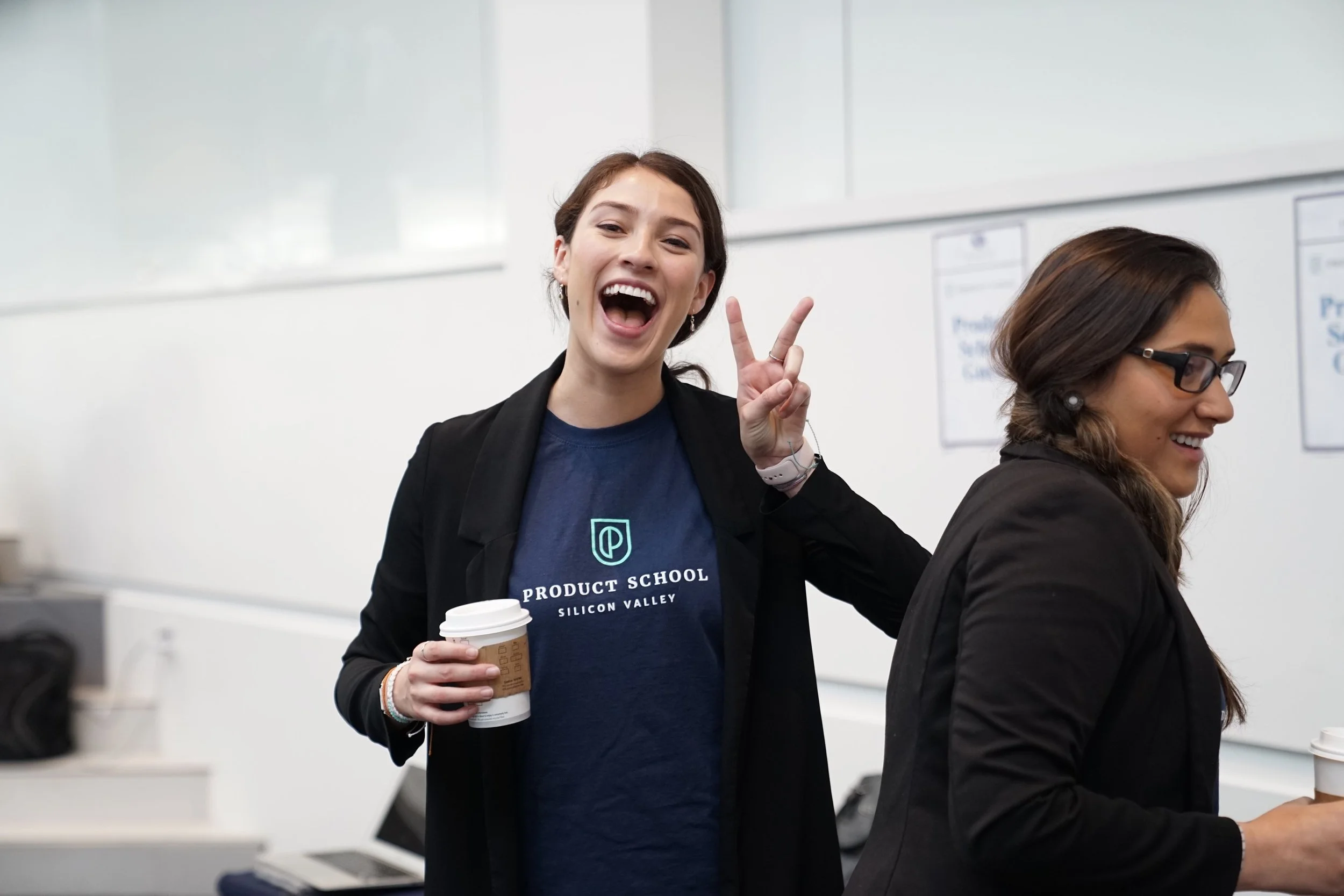








Would They MISS™ It?
Before you tweak a service, retire a ritual, or reinvent a guest experience—pause. Ask the one question that reveals emotional connection:
“If we removed this, would anyone truly miss it?”
Because what people miss, matters.
And what they don’t… was just noise.